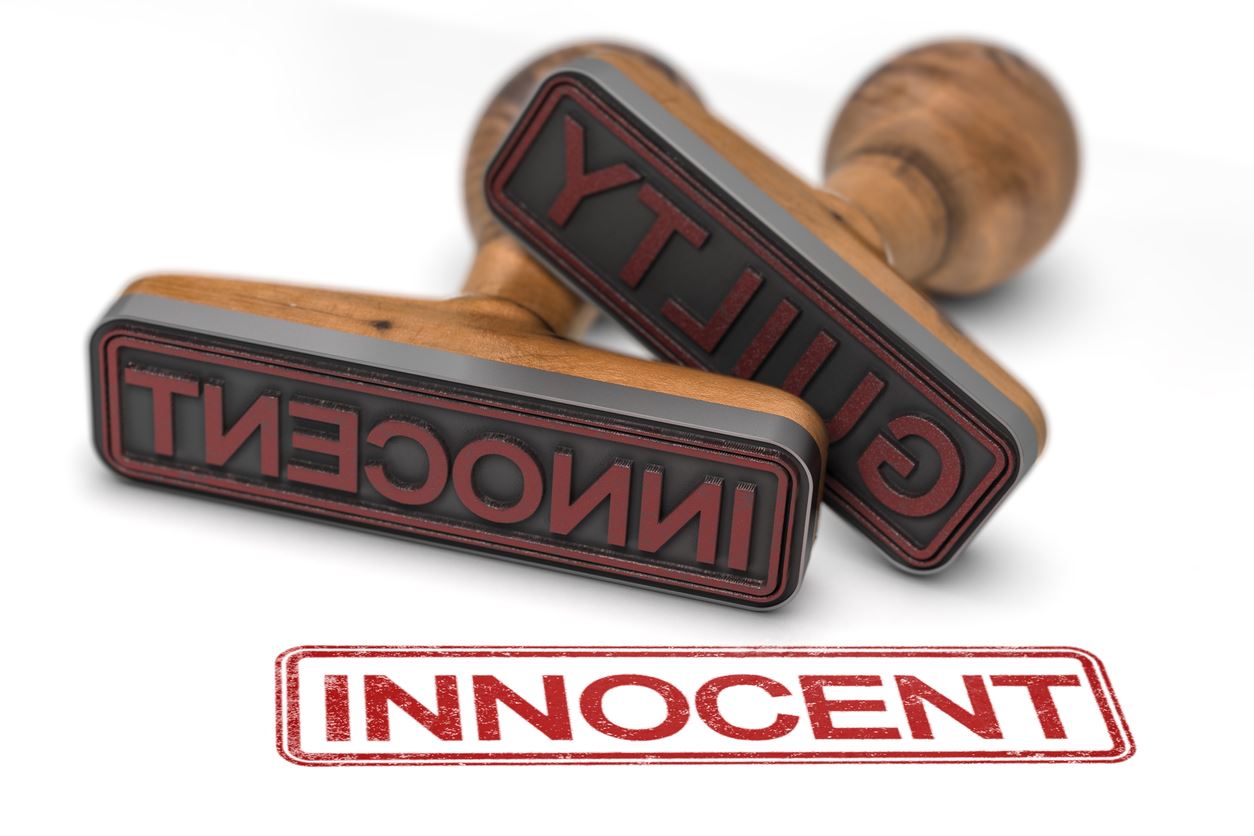The U.S. Constitution offers criminal defendants the right to a jury trial and adequate representation by an attorney. Defendants are presumed innocent, and they have the right to confront witnesses. Defendants in Title IX cases, called respondents, do not face jail sentences but the disciplinary action that can be taken against them can have life-long effects.
Despite the serious potential consequences of a Title IX allegation, respondents have few rights. Those rights might be squeezed even more by rule changes expected to be proposed in the spring of 2022.
Elimination of the presumption of innocence may be one of the changes.
History of Presumption of Innocence in Title IX
Title IX became law in 1972. The law prohibits sex discrimination in federally funded education programs and activities. Sexual harassment, often cited in modern Title IX cases, was not listed as a form of discrimination under Title IX until 1981. The Office of Civil Rights (OCR) did not issue guidance to schools on how to handle harassment claims until 1997. The guidance detailed grievance procedures and how to handle the claimant and the accused. Subsequent presidential administrations continued to provide additional guidance to schools. Over time, new guidance often appeared to favor the claimant presumably to keep schools from looking weak on sexual harassment.
In 2011, OCR required schools to use the preponderance of evidence standard when determining whether to find the accused responsible for the alleged conduct. This standard means that the evidence establishes that the conduct more than likely occurred. Up to that point, schools had discretion on which standard of proof they followed in resolving allegations. Some schools used the preponderance of evidence while others used the more stringent clear and convincing standard.
In addition to the evidence standard, schools were discouraged from allowing parties in a hearing to personally cross-examine one another. Some celebrated this direction, saying that victims would be more comfortable coming forward. Others decried the erosion of due process for those accused of wrongdoing.
Title IX Rules Changes in 2020
Once again, a new administration made changes to how Title IX is applied in schools. In November 2018, the Education Department issued a notice of proposed rulemaking. The department took comments through January 2019. Title IX final rule changes took effect in August 2020.
The new guidance addressed due process and other concerns. Among the critical changes was stating that anyone accused of a Title IX violation is presumed innocent.
Rule changes in 2020 included the following:
- Accused students are presumed innocent.
- Parties must have the opportunity to present witnesses.
- Parties can review and inspect any evidence the school collects during the investigation.
- Schools may use either preponderance of the evidence or clear and convincing evidence standards but be consistent in all Title IX cases.
- Post-secondary schools must allow the parties’ advisors to cross-examine witnesses in a live hearing.
- If a school removes a student pending the outcome of the investigation, the student must have the ability to challenge the removal.
The changes strengthened due process protections.
New Rules Expected in 2022
Due process is once again vulnerable. In June 2021, the Education Department held five days of virtual hearings to receive feedback on Title IX. Catherine Lhamon, assistant secretary for the Office of Civil Rights, has already said that Title IX does not require the presumption of innocence for the accused.
The proposed new rule is expected to be released in April 2022, but that date could change. President Biden had campaigned on the promise to overhaul the 2020 rule change. The 2020 rule remains in effect for now.
Serious Defense for Title IX Allegations
At Parisi, Coan & Saccocio, PLLC, we take aggressive action to preserve the rights of those accused under Title IX. Accused students, faculty, and staff face life-altering disciplinary action. Our attorneys have extensive insight into how Title IX coordinators and investigators approach cases and the accompanying investigations. Our successful track record underscores our determination in building a strong defense for our clients.
If you are accused of violating Title IX, you need experienced legal guidance. Schedule a free initial consultation with us by calling (737) 200-2332.
